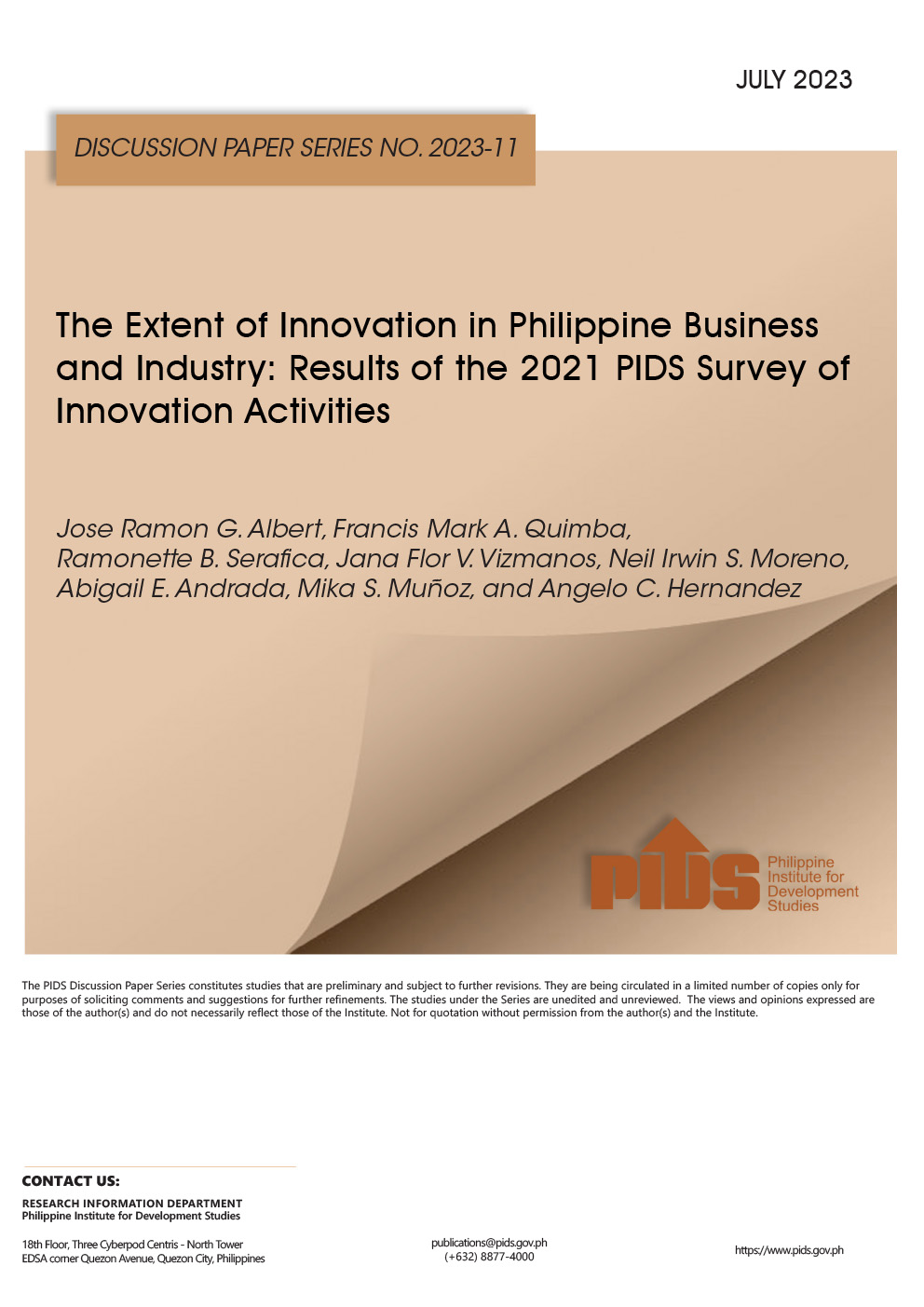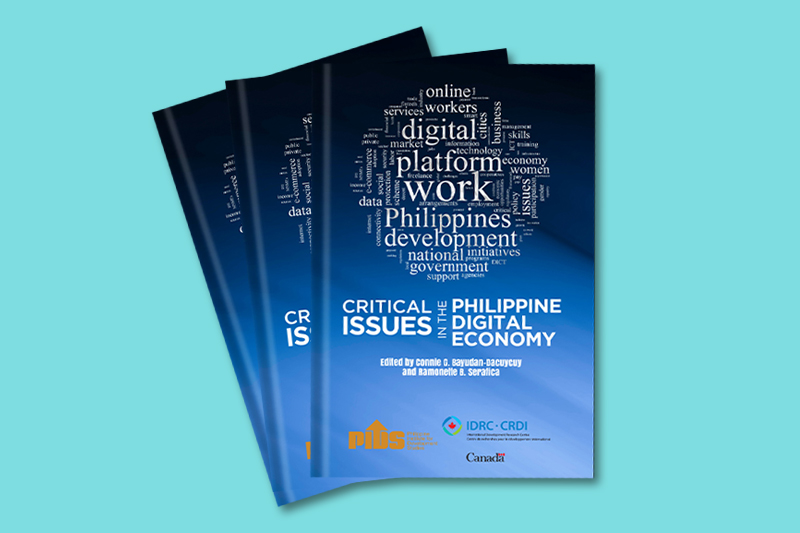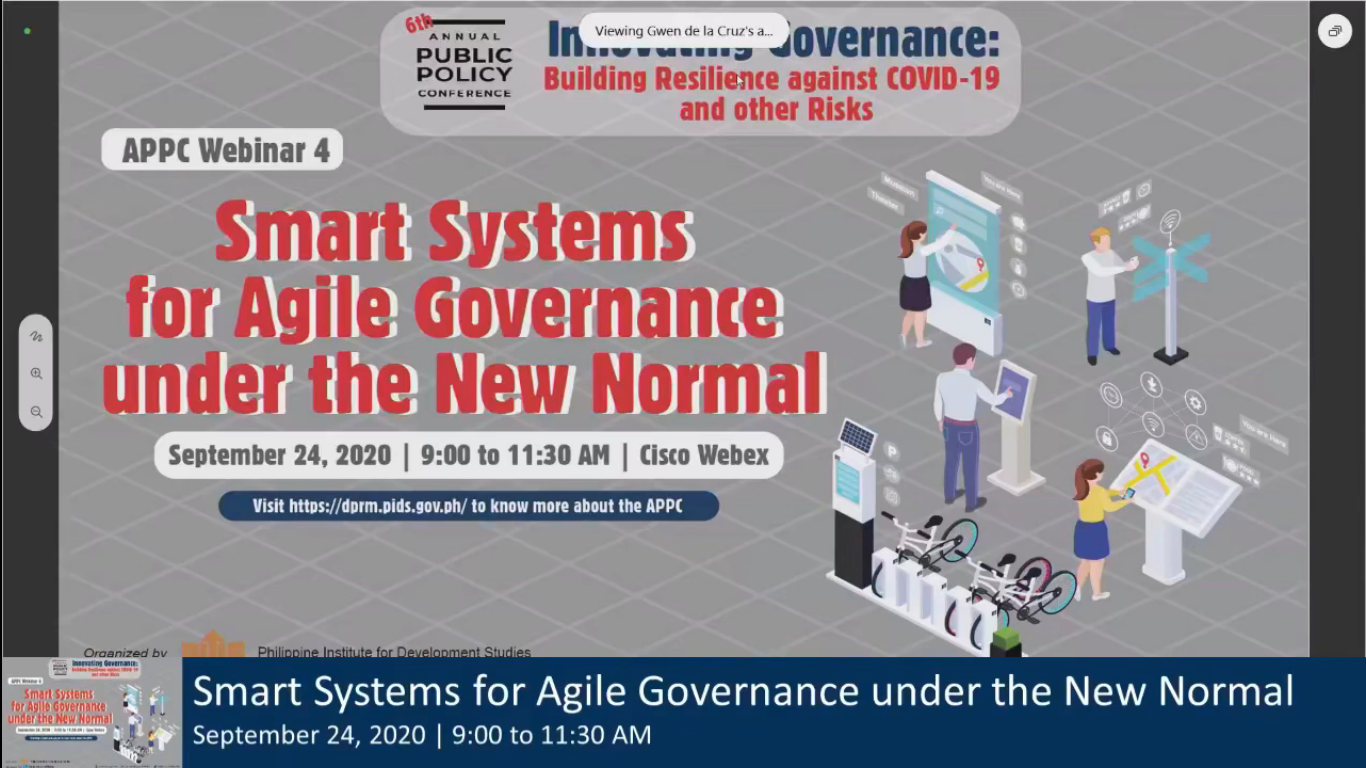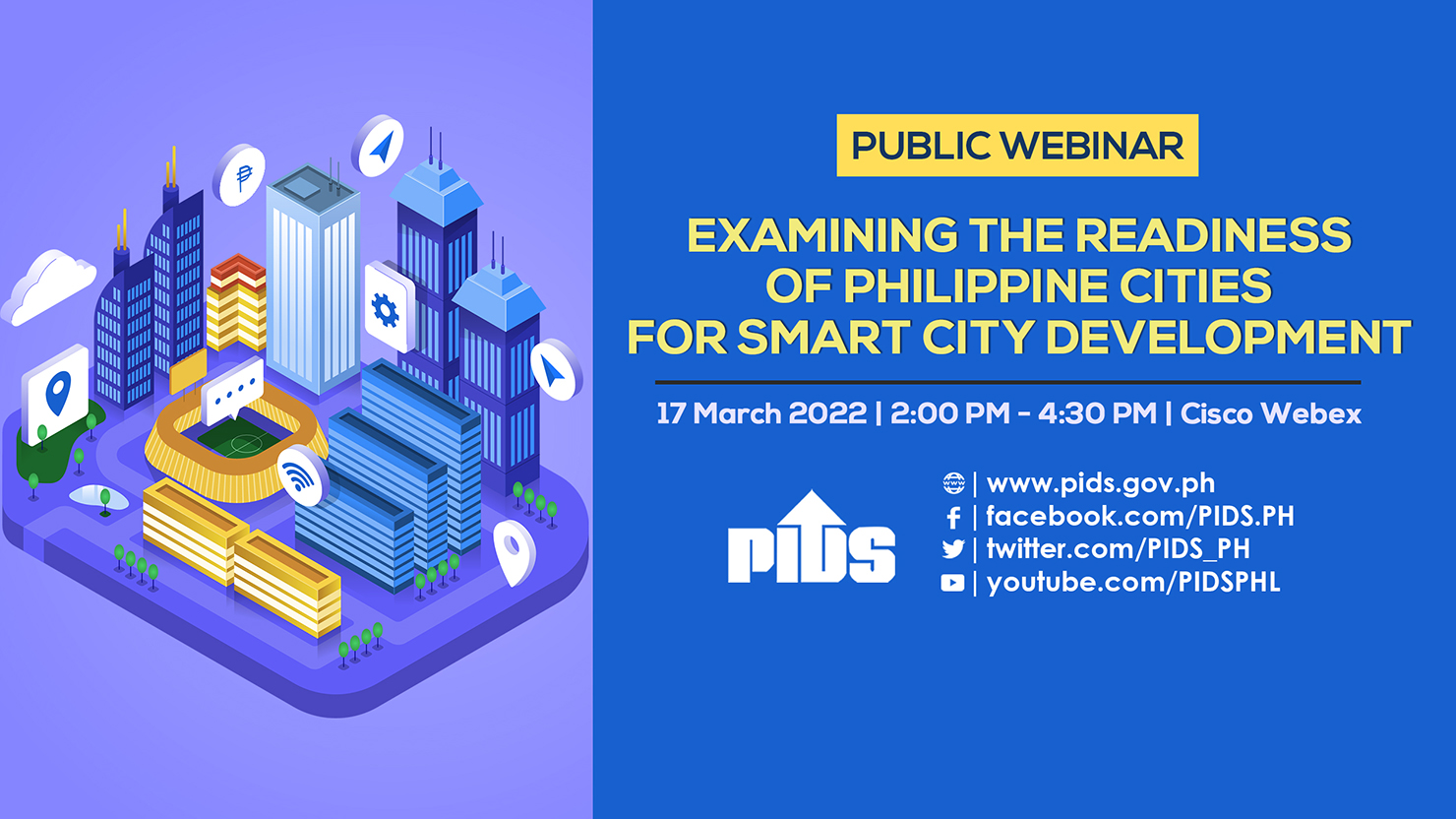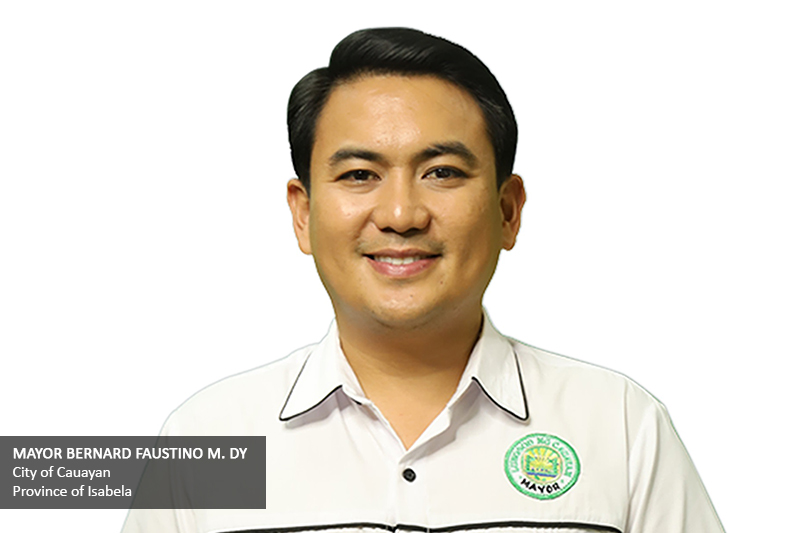
“It is high time for Philippine cities to evolve as smart cities.”
This was according to Cauayan City Mayor Bernard Faustino Dy, a discussant at a webinar recently organized by the Philippine Institute for Development Studies (PIDS) that featured a PIDS study on the readiness of Philippine cities for smart city development. Cauayan City was one of the first smart cities in the country.
“A lot of our local government units (LGUs) are already smart city-enabled LGUs, and maybe they just do not know it yet,” he said, adding that local chief executives, department heads, employees, and stakeholders in the city play an important role in understanding smart cities.
Dy also noted that there is “no exact and one definition” of a smart city.
“What is important is that a smart city is using information and communications technology to improve the quality of life of the people and provide better and more efficient public service…It should make lives more convenient,” he explained.
He also underscored the importance of engaging the citizens in implementing smart city initiatives, saying that this approach is “more effective and impactful”.
Meanwhile, the local chief executive also reminded the LGUs about the importance of data security. According to him, the development of policies and standards related to smart cities should include the protection of data.
“Cybersecurity is very important…We must protect the data because now, data is the new oil. If we just give it to everyone, it is going to be very dangerous,” he said.
Aside from transparency and accountability measures, he highlighted the need for impact assessments or key performance indicators (KPIs) to evaluate the implementation of smart city initiatives. He added that including the KPIs or smart city framework in the Seal of Good Local Governance “will give a big push for LGUs to embrace” the framework.
Dy also urged national and local governments to tap international partners and organizations involved in smart city development as they can “help in funding support and providing technical assistance”.
In his closing statement, Dy maintained that smart cities are not exclusive to highly urbanized and first-class cities.
“Smart cities can be as complex as having sensors in every street and corner or implementing ordinances that allow robots or driverless cars to roam around the streets. But they can also be as simple as being able to inform farmers if it is going to rain or not,” Dy explained.
“If a city like us, which is highly agricultural and one of the poorest in terms of income, can do all these things and evolve as a smart city, there is no reason for other LGUs not to do it,” he added. ###
You may watch the webinar at https://fb.watch/bOLGXXgOyq/ or https://youtu.be/o787NW0HPpo.
For more videos of PIDS events, go to https://www.pids.gov.ph/videos.

